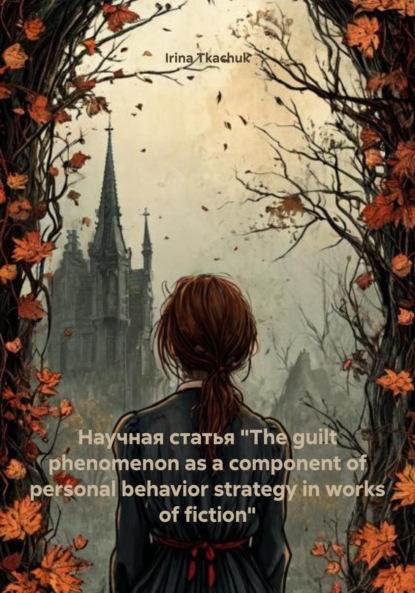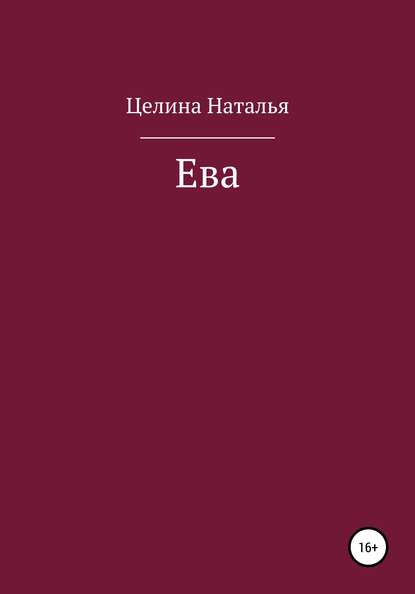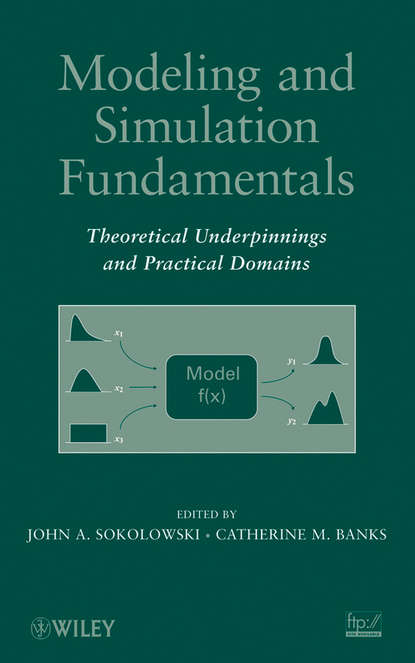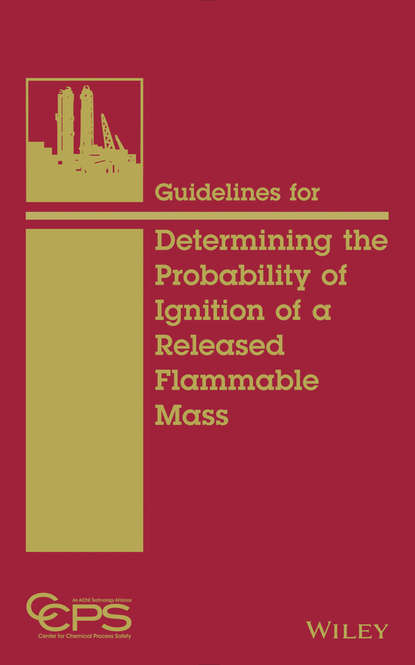Научная статья «The guilt phenomenon as a component of personal behavior strategy in works of fiction»

- -
- 100%
- +

Tkachuk Irina Borisovna, Russia
elfxf-18@mail.ru
The “guilt” phenomenon as a component of personal behavior strategy in works of fictionThe interactionbetween cultural processes and reflections on cultural occurrences lead to the emergence of philosophical questions, which in turn generate different phenomena. The article examines the “guilt” phenomenon, which is at the same time a philosophical category and considered to be filled with movement: it causes pain, changes human behavior, affects the strategy of a person’s journey through life. As S. Timoshenko states, the phenomenon is filled with types of human reactions in their stable forms, as well as the ideas of researchers on this behavior as adaptive or maladaptive [1]. Since this phenomenon arises from the individual’s participation in subject-object and subject-subject relations, wecan assume thata personbecomes familiar with "guilt" in early childhood, and by preschool and school periods it will have already become embedded in the structure of a child’s personality. We can also assume that the weaving of the “guilt” phenomenon with the behavioural tactics and stratetegy in social and cultural environments can be greatly influenced by works of fiction. Reading is a unique cultural process, deeply connected to the neuropsychological, physiological and linguistic condition of the person during the after-effect stage, which includes the direct perception and “living through” of the literary work. Examining of and pondering on a work of fiction can raise philosophical questions, changethe stateof the body, affect the tactics and strategyof a person's journey through life.
The ultimate impactof a literary work onthe child's psyche – asan after-effect – can lead to the forming of a pattern that can becomea habitual wayof reacting in any socio-cultural situation and influence the entire life journeyof an individual. Which, in its turn, would indicate the creation ofa typeof personality reaction asa componentof a personal growth strategy. Sincea pattern isa habitual reaction toa frequently or constantly experienced event that occurs inthe courseof subject–object and subject-subject relations in any socio-cultural situation, we can consider "guilt" asa recognizable andthe most frequently repeated emotion in literary worksof the school curriculum [2].
In this context, we considerthe "guilt" phenomenon asa componentof literary work that is traumatizing toa child’s emerging personality. We suppose thatthe negative events such as bullying, death, suicide, murder arethe strongest negative emotions thata child observes and experiences alongsidethe fictional characters.For example, accordingto the preschool and school educationprograms, the subjectof "Literature"contains many works with narratives where the characters act as a victim, aggressor or a witness ofa tragic situation, related to guilt. When associating himself with the main character,a child can experience the feeling of guilt regardless of the behavior model.E.g., if he has identified himself witha fictional aggressor anda murderer –he feels guilty for being "bad"; if he is psychologically inclined towards the fictional victim, then he feels the guilt once more, since the victimis seen as weak andis often despisedby the society for that weakness.The childmay have madewillful, mature efforts not to associate himself witheither the aggressor orthe victim. In this case, he still gets the witness trauma, having watched the tragic actions unfold in the literary work, and also feels guilty. Therefore,the phenomenonof "guilt" underthe influenceof tragic worksof literature can affect the child's well-being andbecome integrated intothe structure of a child’s personality. A frequent, reoccurring and intense experiencebecomes fixated and is transformed intoa familiar emotion. Naturally,it can thenbe absorbed intothe structureof an individual's personality.
Конец ознакомительного фрагмента.
Текст предоставлен ООО «Литрес».
Прочитайте эту книгу целиком, купив полную легальную версию на Литрес.
Безопасно оплатить книгу можно банковской картой Visa, MasterCard, Maestro, со счета мобильного телефона, с платежного терминала, в салоне МТС или Связной, через PayPal, WebMoney, Яндекс.Деньги, QIWI Кошелек, бонусными картами или другим удобным Вам способом.



